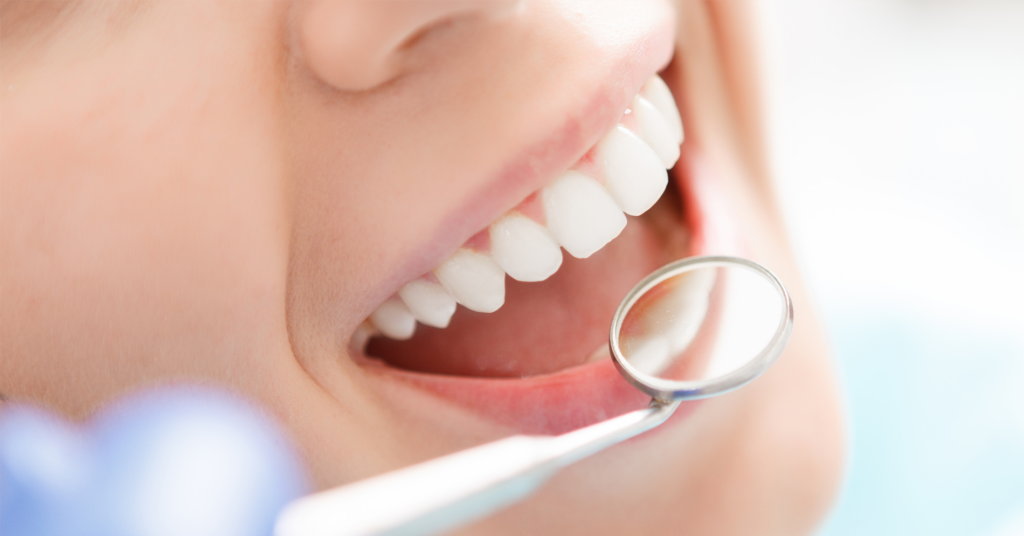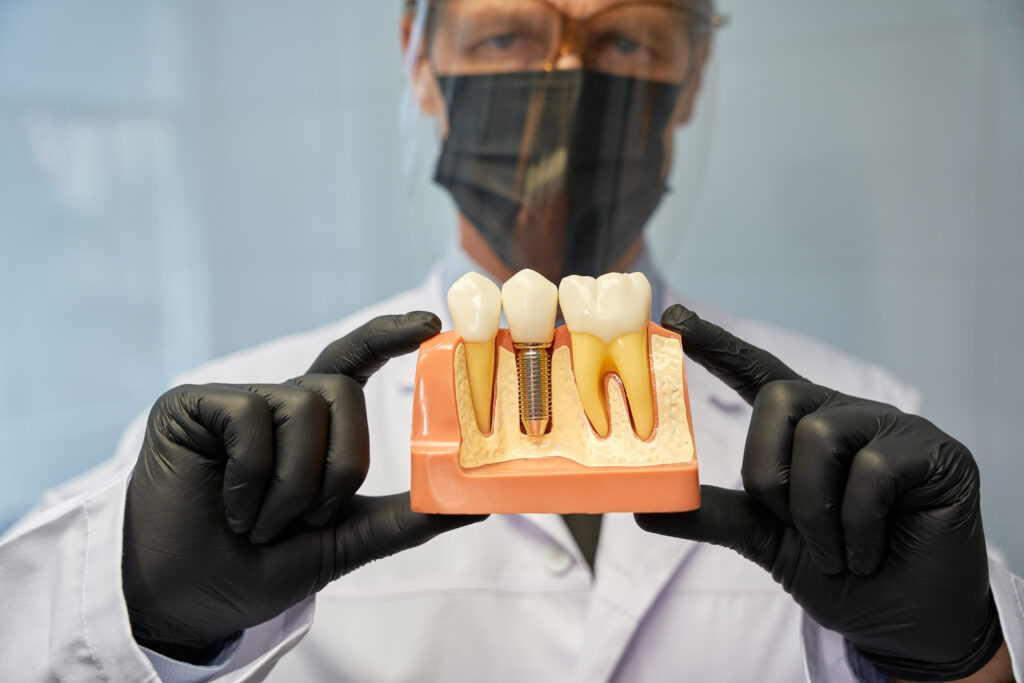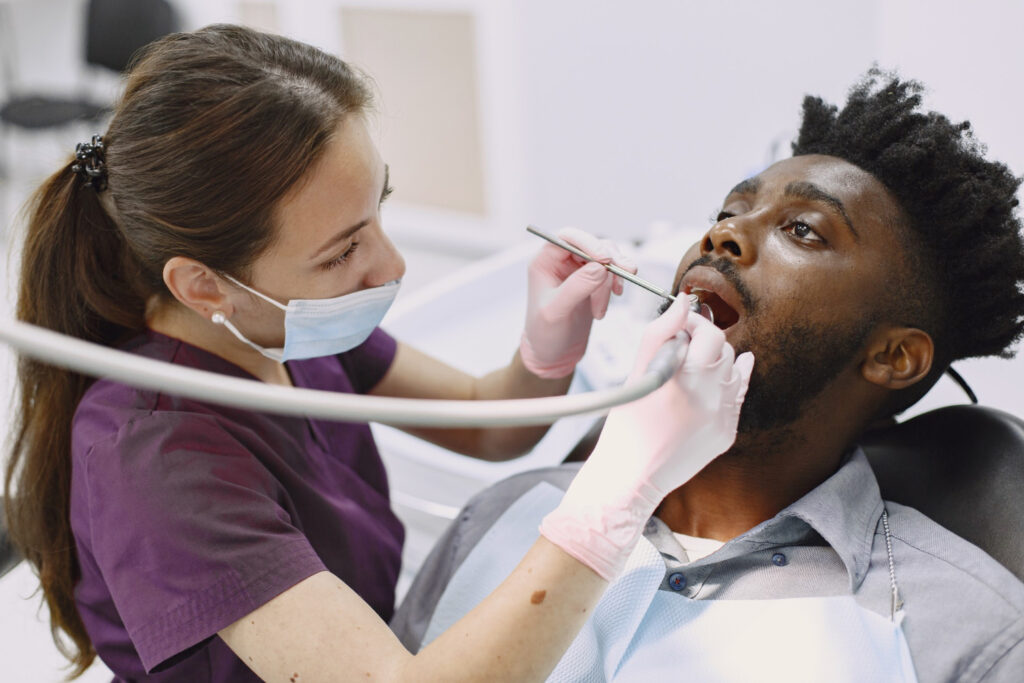
Although oral health has an entire 2 specialties — dentistry and orthodontics — centered around it, it still plays a part in your overall physical health.
In fact, oral health can give medical professionals clues into your overall health and it can affect other areas of the body.
Read on to learn more about how oral health affects the rest of your body.
Oral Health and the Rest of the Body
As you know, some parts of your body — such as your gut — contain bacteria that perform vital bodily functions.
Your mouth also has a lot of bacteria. Most of them won’t harm you.
However, your mouth is an entrance to your digestive tract, and therefore the rest of your body. Plus, bacteria and other objects can get into your body through blood vessels in your mouth.
For this reason, a healthy mouth is an essential line of defense against disease.
Non-Dental Conditions Linked to Poor Oral Health
Poor oral health leads to tooth decay, gum disease, and even oral cancer (among other problems). However, there are plenty of non-dental conditions you could be at greater risk of if your oral health suffers.
- Cardiovascular disease: Research hasn’t established a clear connection between cardiovascular disease and oral health. However, some of this research displayed some links to issues such as heart disease and clogged arteries.
- Endocarditis: Endocarditis happens when your endocardium (the inner lining of your heart chambers) is infected. Bacteria may make it into your bloodstream via your mouth and contribute to endocarditis.
- Pneumonia: Pneumonia-causing bacteria may move from your mouth to your lungs, leading to pneumonia.
Women may also be more at risk of pregnancy and birth complications if they have poor oral health. Periodontitis — gum disease — has been linked to issues like premature births and low birth weight.
Conditions That Can Affect Oral Health
Several non-oral diseases can impact your oral health. Here are a few.
- Diabetes: Diabetes lowers your body’s ability to fight infections, putting your gums at further risk of gum disease.
- Osteoporosis: Osteoporosis can lead to bone loss. If jawbone is lost, it can lead to tooth loss and other oral problems.
- Alzheimer’s: As Alzheimer’s progress, oral health tends to worsen. This may be due to cognitive decline and memory issues, which would lead one to accidentally neglect oral health habits.
How to Maintain Oral Health For Great Overall Health
There are plenty of things you can do to keep your mouth — and thus your body — healthy.
- Brush twice per day with a soft-bristled brush and fluoridated toothpaste.
- Floss once per day.
- Use antiseptic mouthwash to kill bacteria and remove debris/food particles.
- Eat healthily and minimize sugar consumption.
- Cut out/avoid alcohol and tobacco.
- See a dentist regularly.
On that last point…
If you need to schedule your next dental checkup in Philadelphia, Absolute Smile would love to have you. Contact us today — all new patients get a free consultation.







